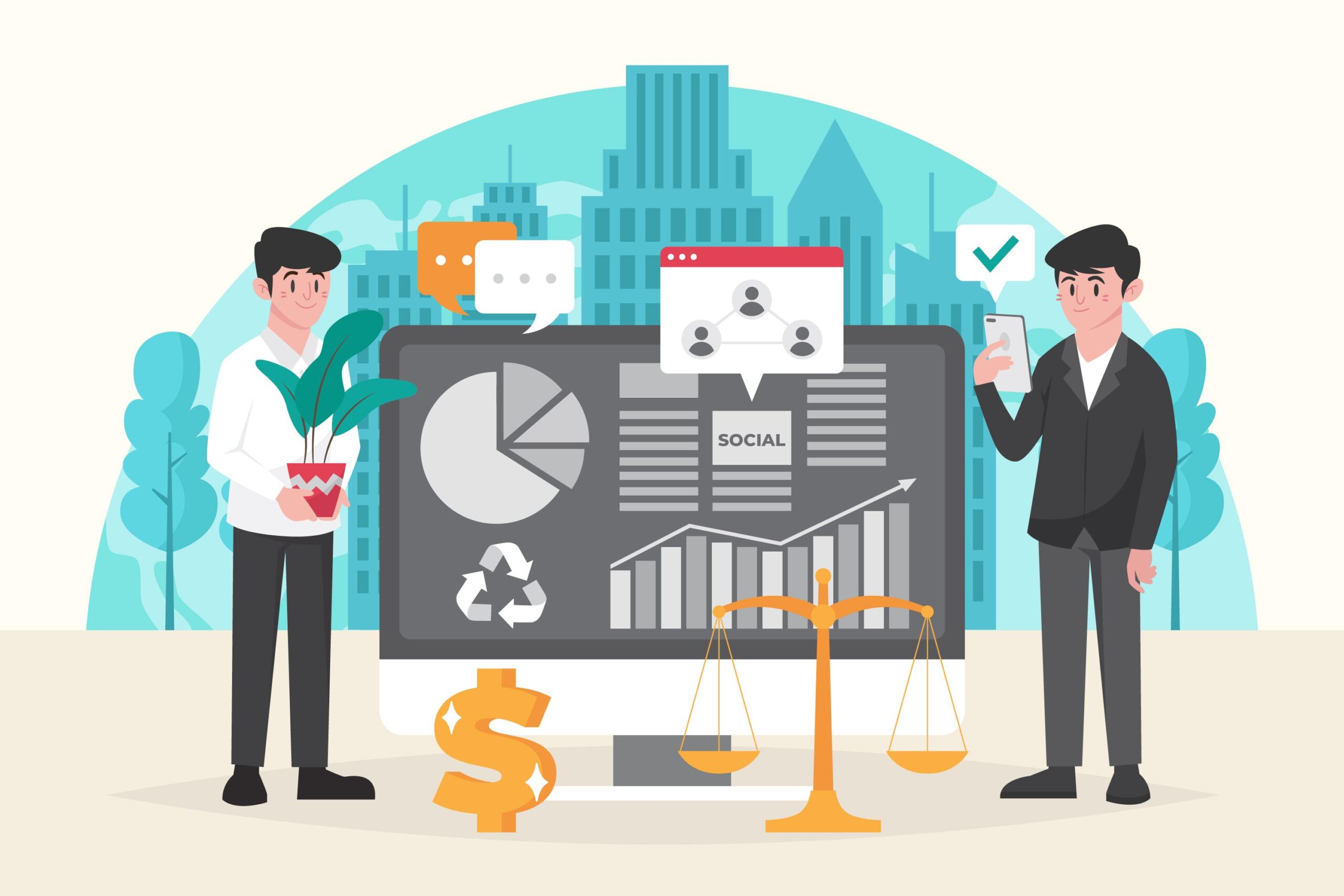Public finance is a branch of economics and can also be a separate subject in its own right. As the name suggests, public finance means discussing public finance and public economics.
Definition of public finance
Public finance can be defined as the study of government financial activities, in this case, related to how the government obtains and uses resources to achieve its goals. This activity includes government receipts and expenditures, as well as fiscal policy used to regulate government cash flows. Government here refers to all government units institutions and organizations that hold public authority that are controlled and funded by the government.
The government obtains resources through receipts, such as taxes, non-tax revenue, and loans. The government uses these resources to finance expenditures, such as defense, education, and social welfare. Public finance explains public spending and analyzes these expenditures. It also studies related to government decision-making.
Importance of public finance
Public finance is necessary because it determines how public resources are allocated. Effective allocation of public resources can help improve the welfare of society. This is because public finance is closely related to a consensus or decision-making based on democracy. The people can monitor and evaluate the government, and the government will ensure that the taxes paid by the people will lead to the achievement of better conditions.
Usually, the higher household income will provide a higher proportion of taxes that must be paid. Along with this, public attention and interest will increase. For individuals who feel that what they get from the tax burden they have is not proportional, then they will provide tighter supervision. The tax system must be directed towards public satisfaction as taxpayers. If taxpayers feel satisfied, it will create a willingness for the government to take some of their income.
Importance of the public sector
In a capitalist economic system, each individual has absolute freedom and does not justify government regulation of the economy, except in cases that individuals themselves cannot regulate. The public sector is part of the economy that consists of government activities. The public sector is crucial because it provides public goods and services, such as defense, education, and infrastructure.
These public goods and services cannot be provided efficiently by the private sector. The government regulates and manages aspects of public interest. The three main public activities that the government can do are the provision of national defense, social justice, and public works. Reasons for government involvement in public activities:
- Government intervention, even though it must restrict individual freedom, is needed to maintain peace and protect the community from attack
- The government must be inferior in conducting industrial and commercial activities because the private sector can do it
- Individuals will be more confident if they do something for their interests, so the government only operates in areas that concern public interests
In the figure, it can be seen that there is a close relationship between private and government flows. The public sector (budget) contributes to the factor market and product market, so that it is an integral part of the price formation system. This needs to be considered in formulating fiscal policy in terms of private sector reaction.
Characteristics of public policy
There are a number of criteria where public expenditure output must be in line with consumer demand, there is a preference for decentralized decision-making and does not leave the economy only to the forces of the market. Public policy has the nature of directing, correcting, and complementing the role of market mechanisms.
- To achieve market efficiency, it requires complete information about the market, both for producers and consumers, and government regulations are required to guarantee information completeness requirements.
- Government regulations are required to correct deviations that occur when there are inefficient competition conditions.
- The exchange of specific goods and services in the market mechanism needs government protection to protect market players.
- The emergence of externality problems needs to be solved by the government, through budgets, subsidies, and taxes.
- The need for a social role played by the government in the distribution of income and welfare in the market mechanism.
- Public policy is needed to guarantee employment opportunities, price stability, and economic growth rates.
Scope of public finance
Discussions in public finance involve the reasons and circumstances that require the role of government. This concerns the externalities that need to be controlled by the government, the public goods that need to be provided by the government, the market mechanisms that need to be intervened by the government, and the need for economic stability. In addition, it tries to explain related to the aspect of public institutions, public equilibrium achieved through elections.
Public finance also discusses how the government needs to generate income. Government revenue can include tax revenue and non-tax revenue. Next is the aspect of public expenditure in its role in providing public goods and services to achieve the general welfare.
The financing aspect is also included in the discussion of public finance. The government needs to
provide a stimulus to the economic wheel that is carried out through a growing expenditure policy



